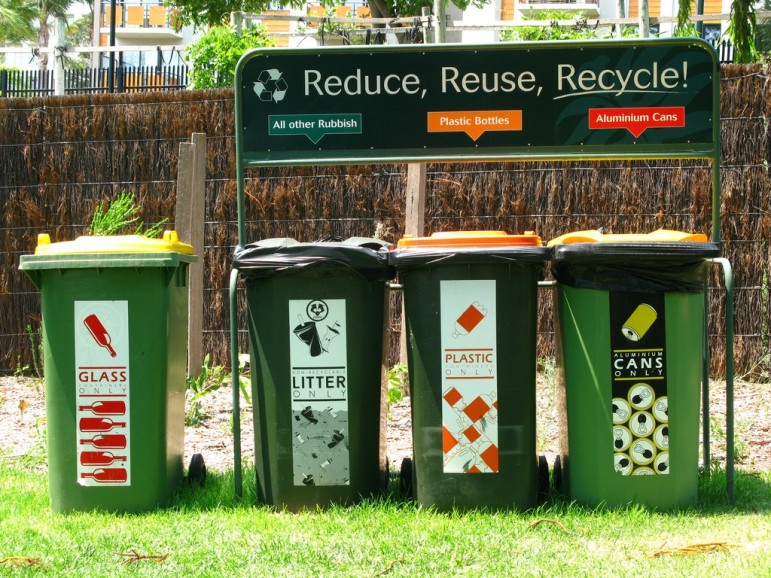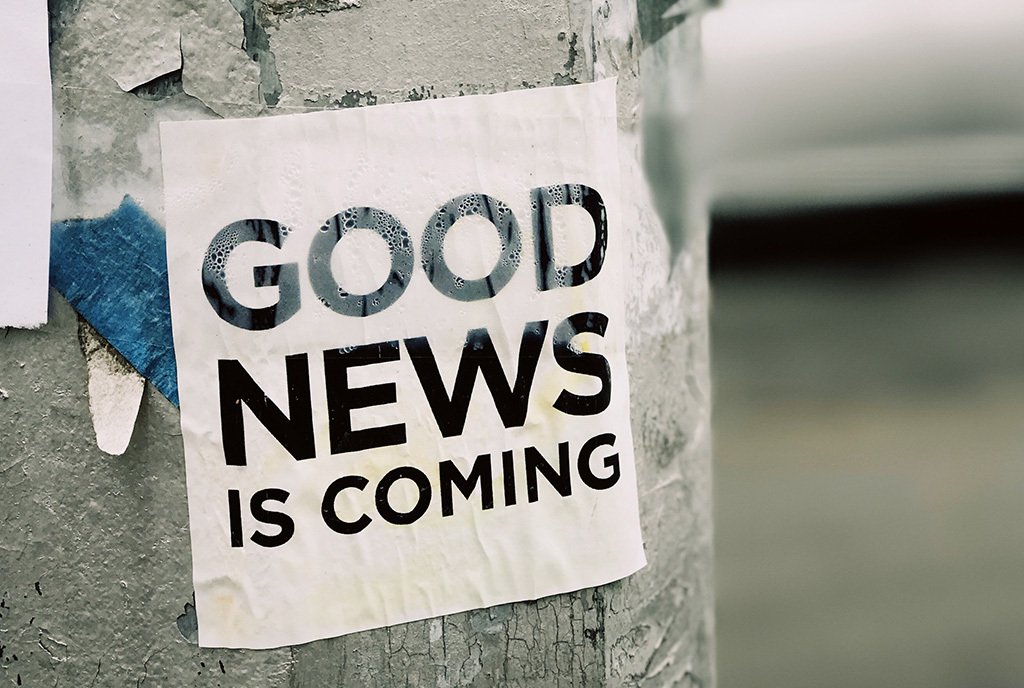
November 3, 2015; Boston Magazine
As nonprofits pay more attention to their bottom lines, some businesses are paying more attention to showing how their values support people and the planet. DoneGood is an app that plans to change the way the world does business.
The app would like to be thought of as a Yelp for social good. DoneGood lets people find socially responsible businesses in Boston so that consumers can make the biggest impact with their money. A business can be listed on DoneGood in one of two ways: it can be certified by one of the partner organizations, or people in the DoneGood community can add it.
The app’s two creators want to encourage community members to spend money at businesses that support their values. For example, Scott Jacobsen, one of the two, stopped buying food from a favorite restaurant in Washington, D.C., because the owner would not add a recycling bin. The restaurant did serve its food in recyclable containers, yet there was no recycling bin available in the restaurant. All the plastic went into the trash. Jacobsen decided to spend his money somewhere else.
Sign up for our free newsletters
Subscribe to NPQ's newsletters to have our top stories delivered directly to your inbox.
By signing up, you agree to our privacy policy and terms of use, and to receive messages from NPQ and our partners.
A selection of the values businesses can demonstrate include “green”, “organic,” “local,” or “humane.” Some of the categories are easy to identify: consumers can see a compost bin and tag the organization’s name. Other categories, such as worker pay of $15/hr, or buildings that are LEED certified, require more investigation. Much like Wikipedia and Yelp, if enough people disagree with a rating, the rating can and will be changed. Cullen Schwarz, the app’s other creator, believes that “the crowd tends to get it right.”
Users of the app have begun to request new features, such as including community organizations that practice social good. City Awake, a social impact Festival in Boston, is the most recent partner of DoneGood. This 10-day festival brings together people, organizations, and institutions that care about both the growth of Boston and social impact.
What’s the impact of an app like this on nonprofits?
- Socially responsible businesses often amplify the work and values of local nonprofits, helping them advance their issues among the public.
- The increase in number and influence of socially responsible businesses may provide unique partnerships for nonprofits for sponsorships or creative ongoing collaborations.
- The next generation sees a small divide, if any, between nonprofits and socially conscious businesses. They expect the same workplace values from all businesses, regardless of their place on the profit-nonprofit continuum. In fact, they may feel like they are supporting nonprofits when they deal with a for-profit that demonstrates clear socially responsive values.
Is your nonprofit ready to work with, and in, the marketplace of consumers and donors who want to ensure that they are supporting businesses and business practices that share their values?—Jeanne Allen













